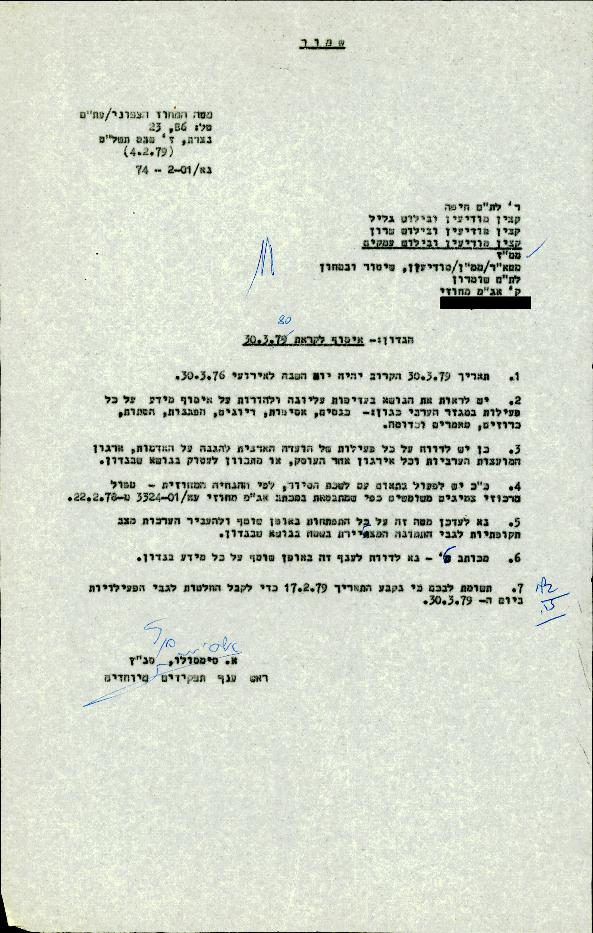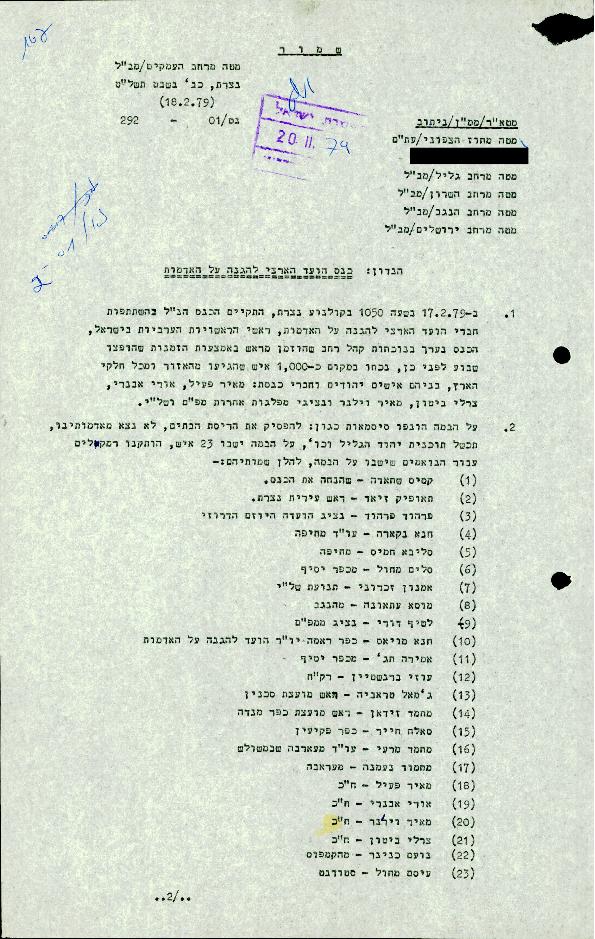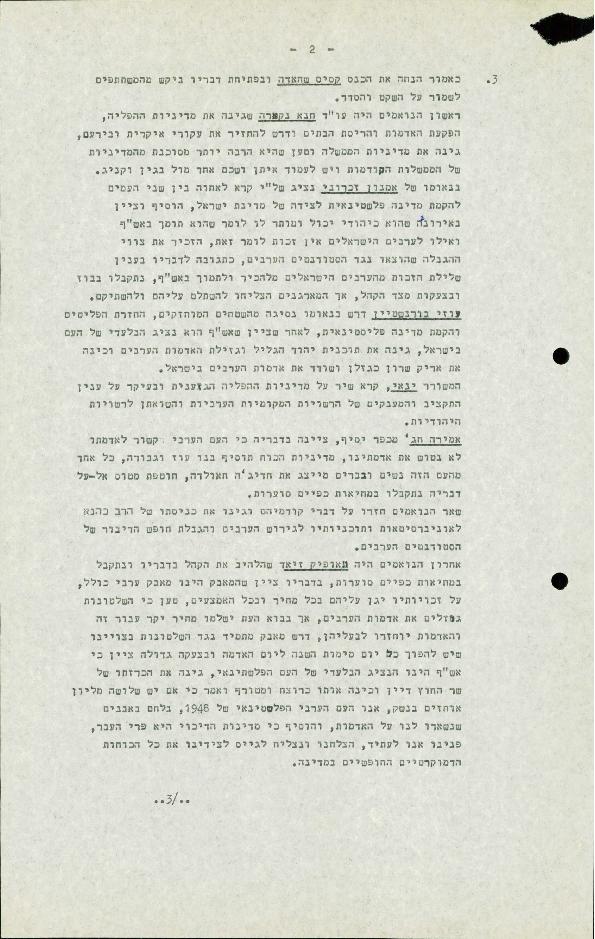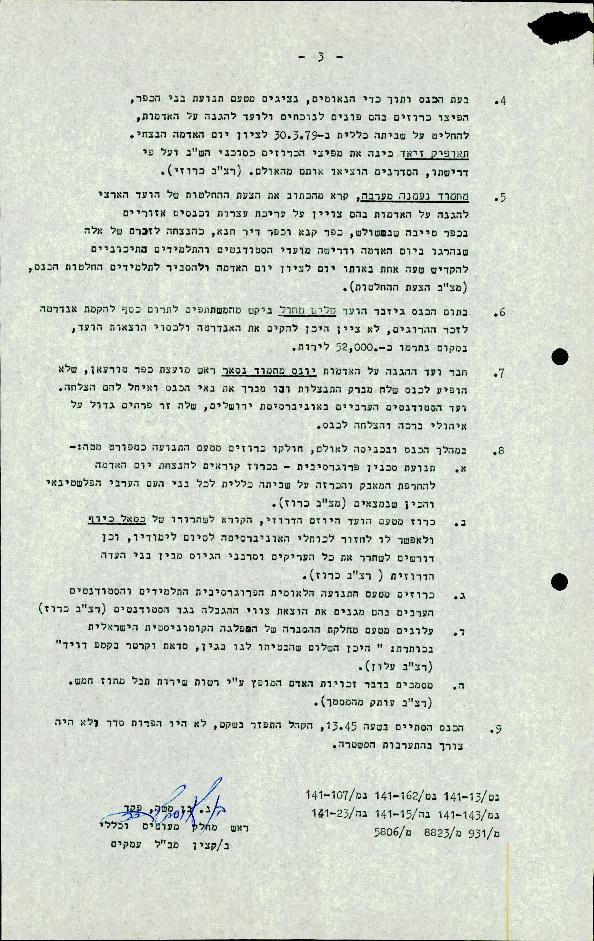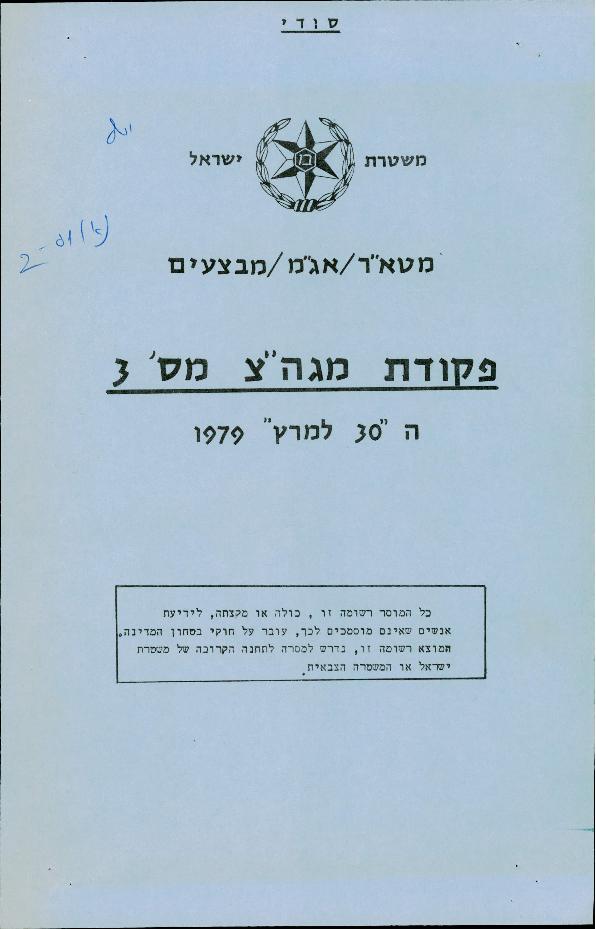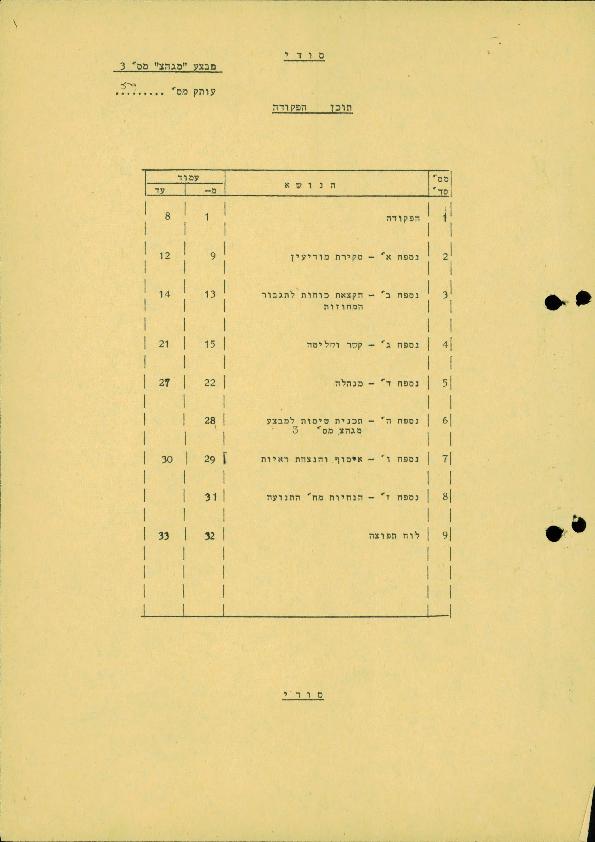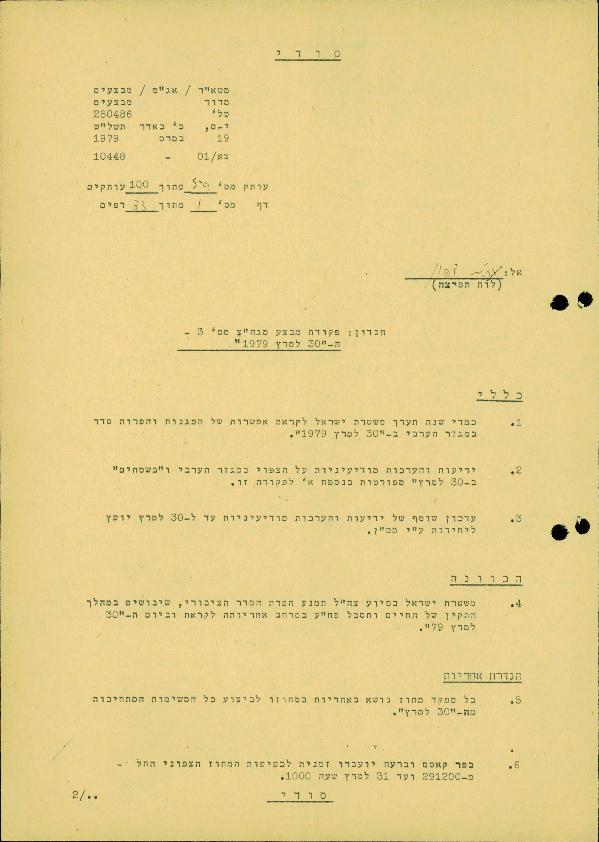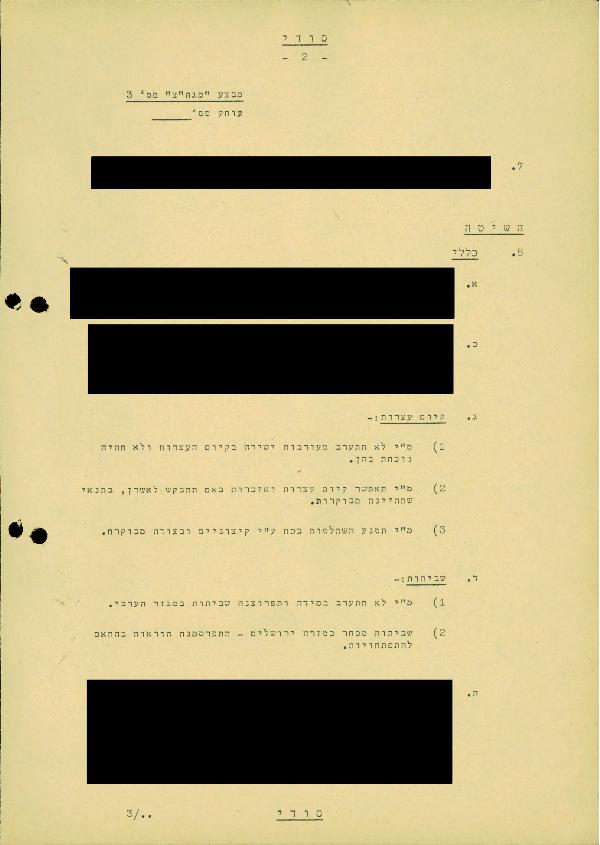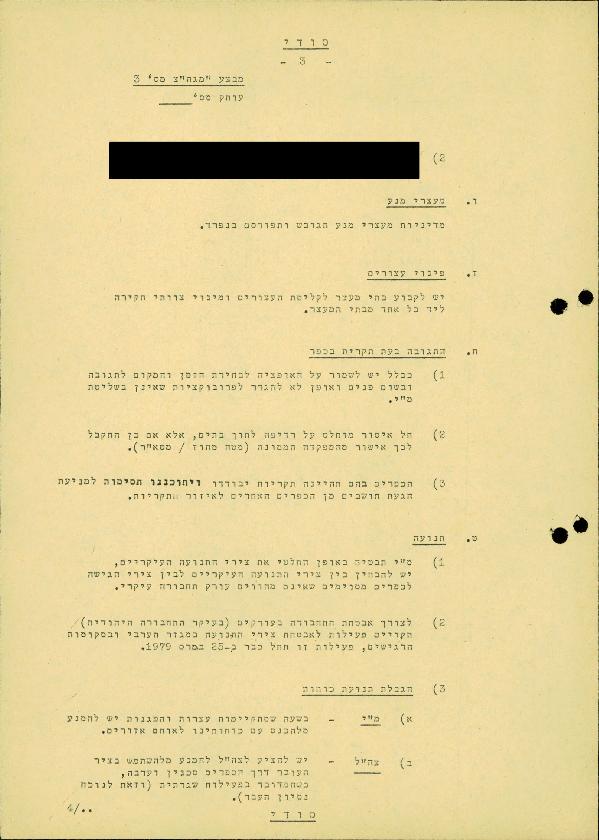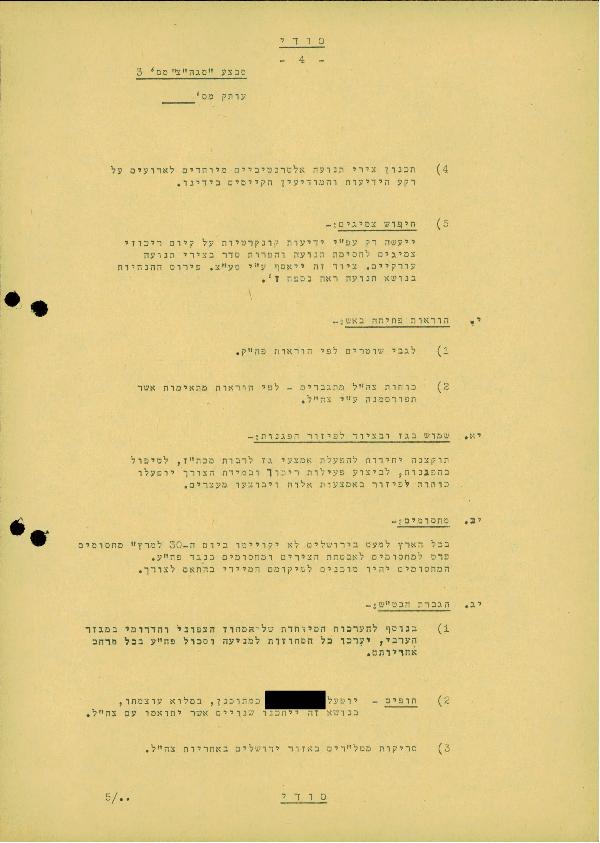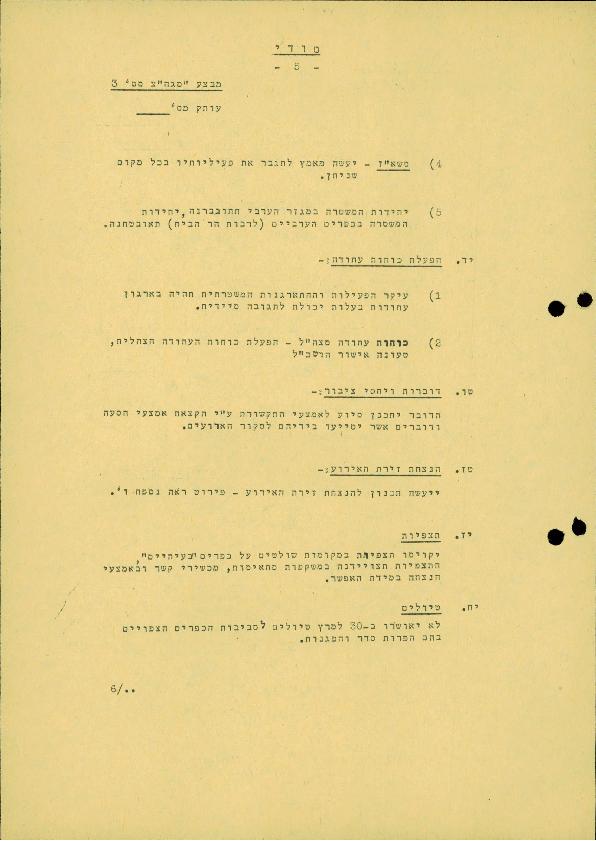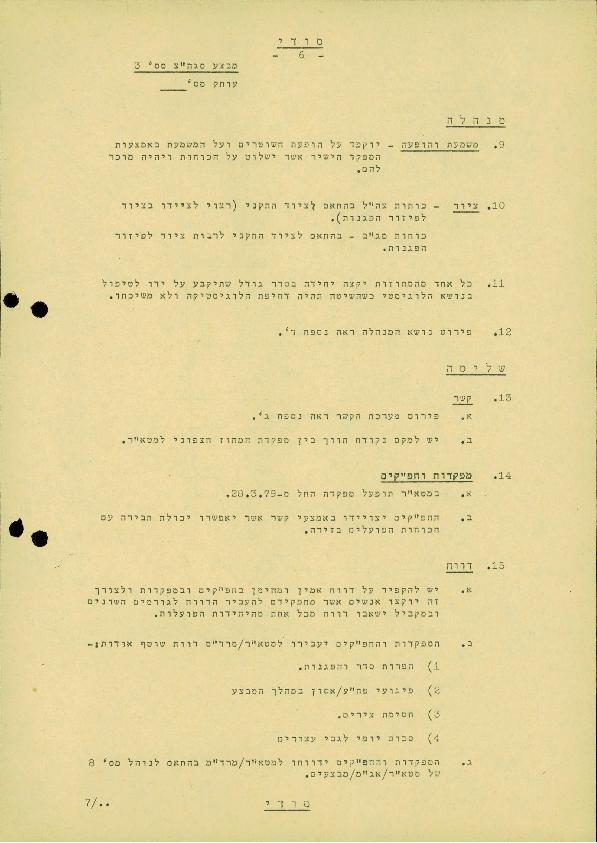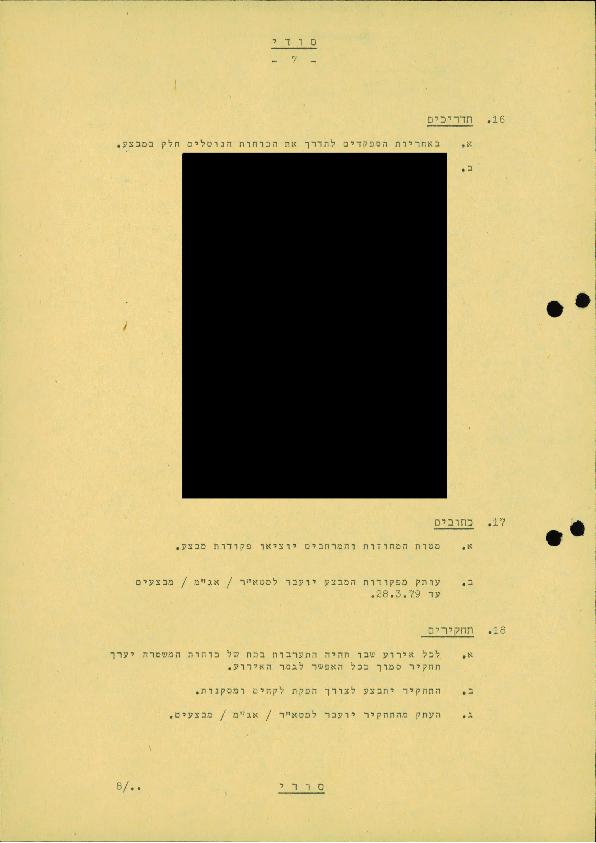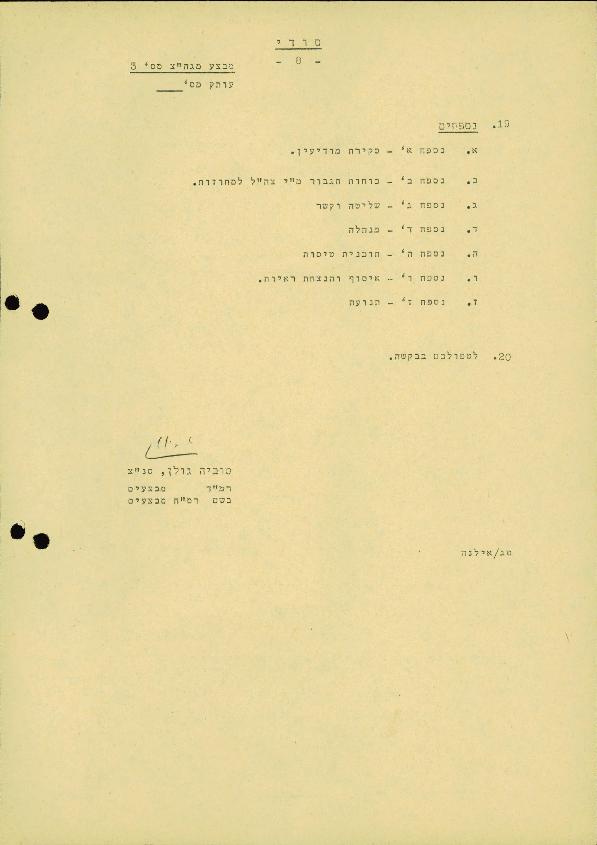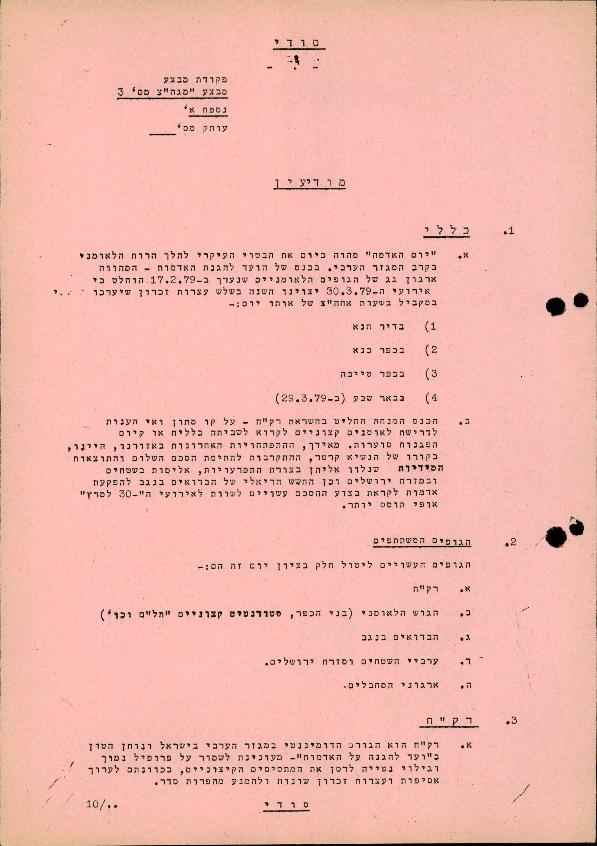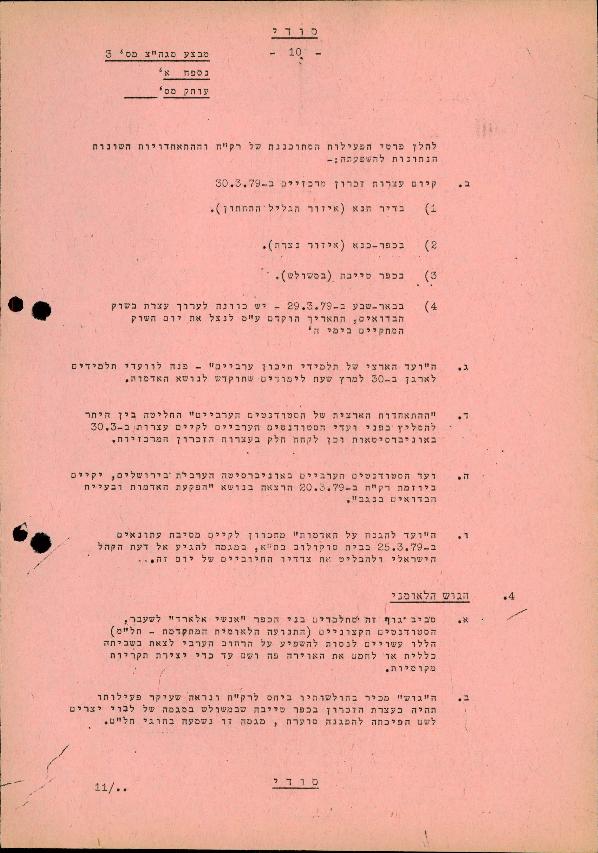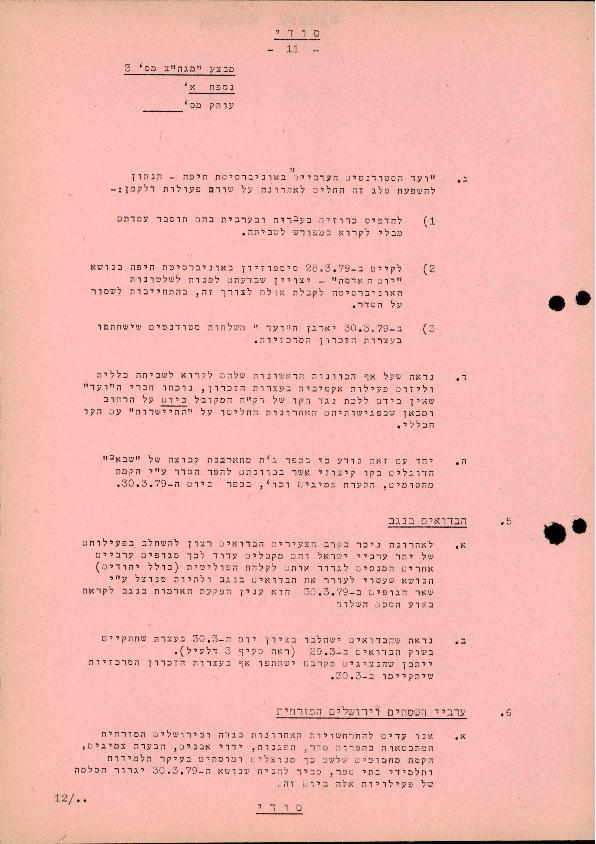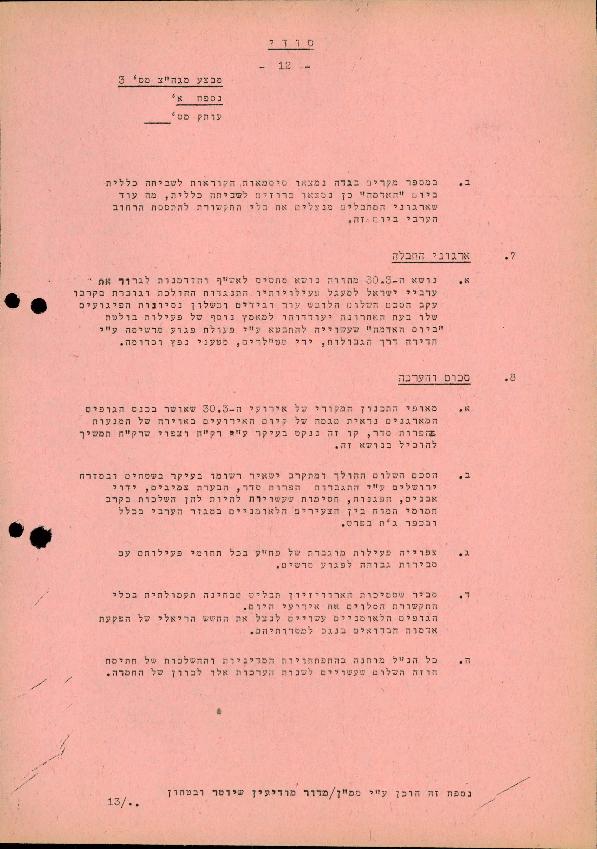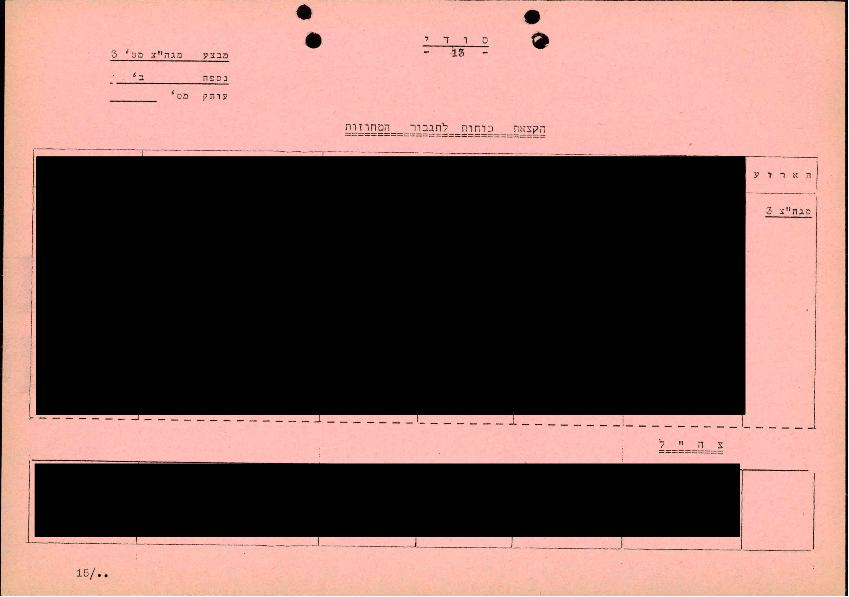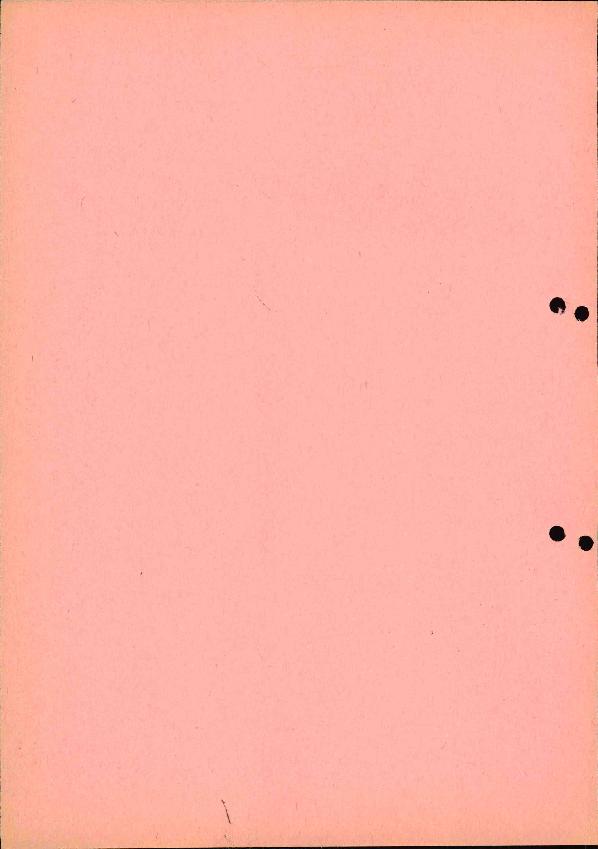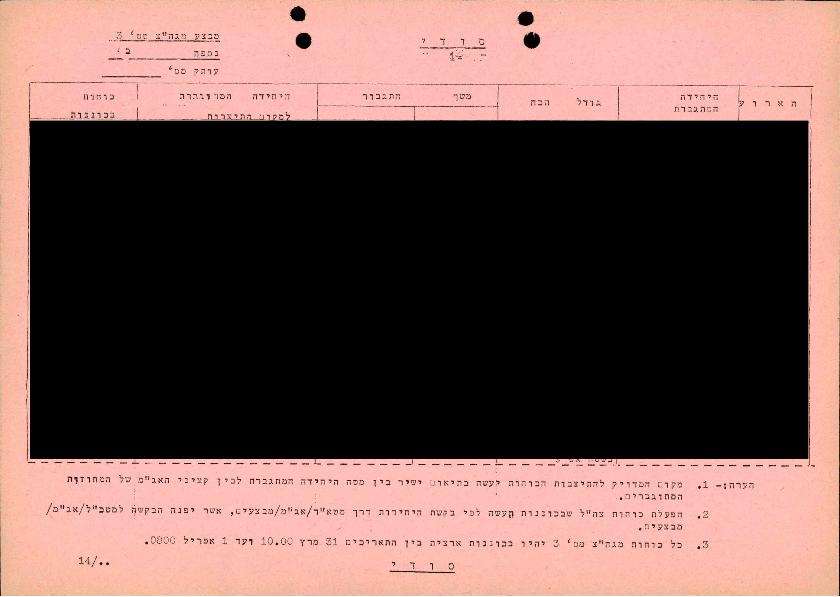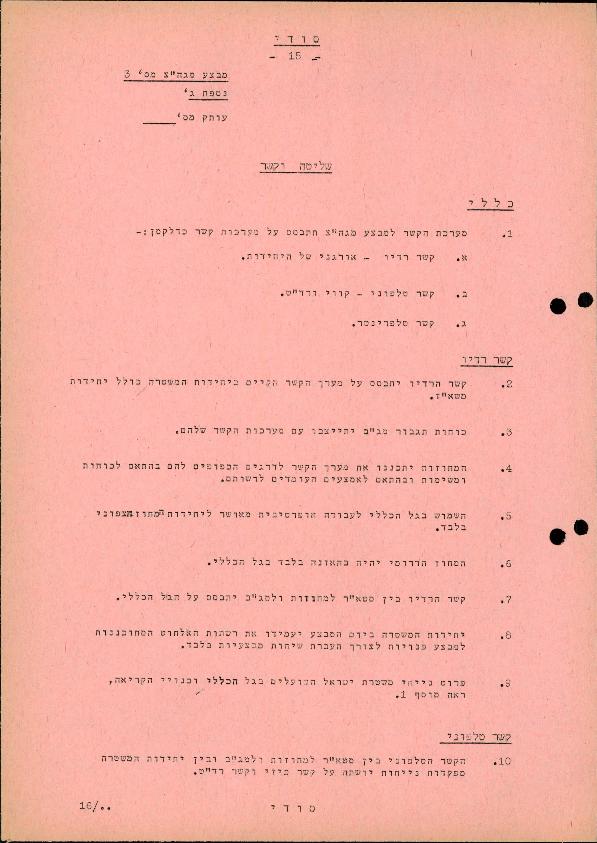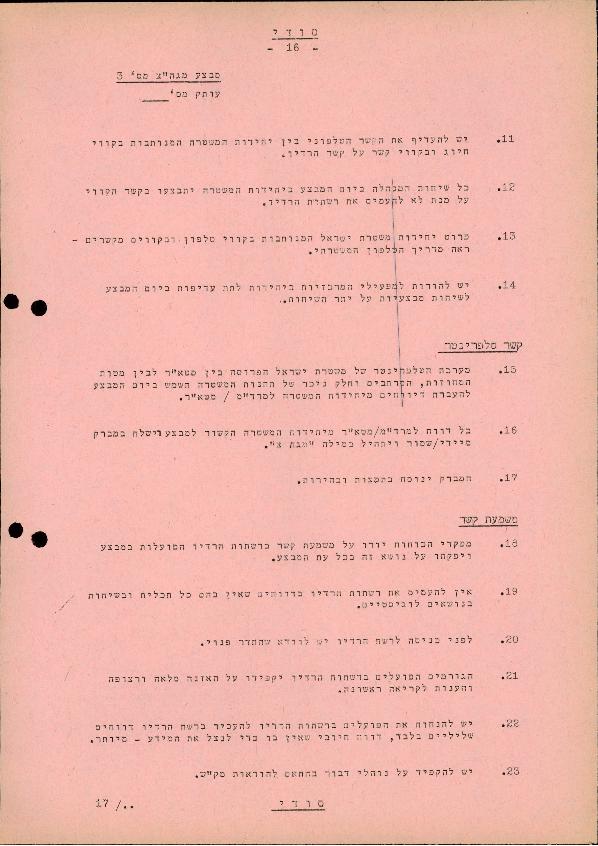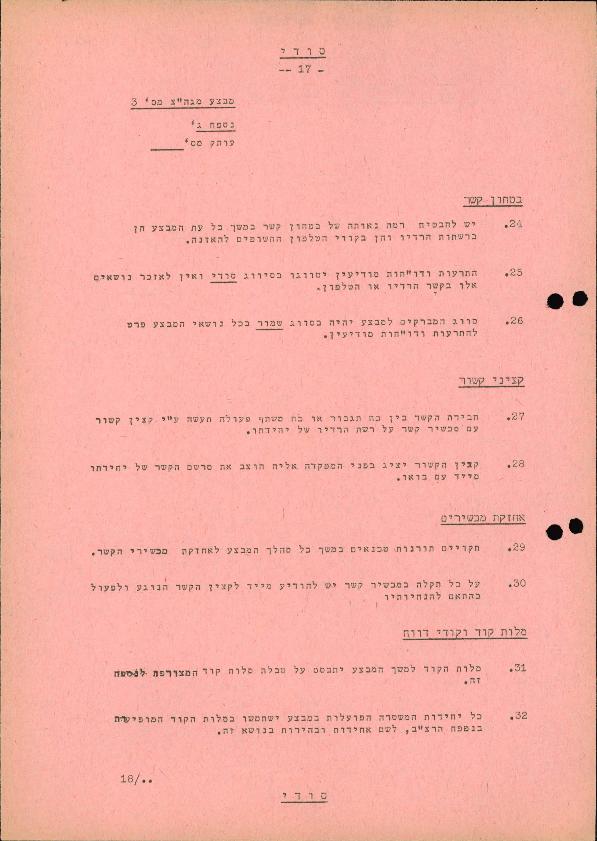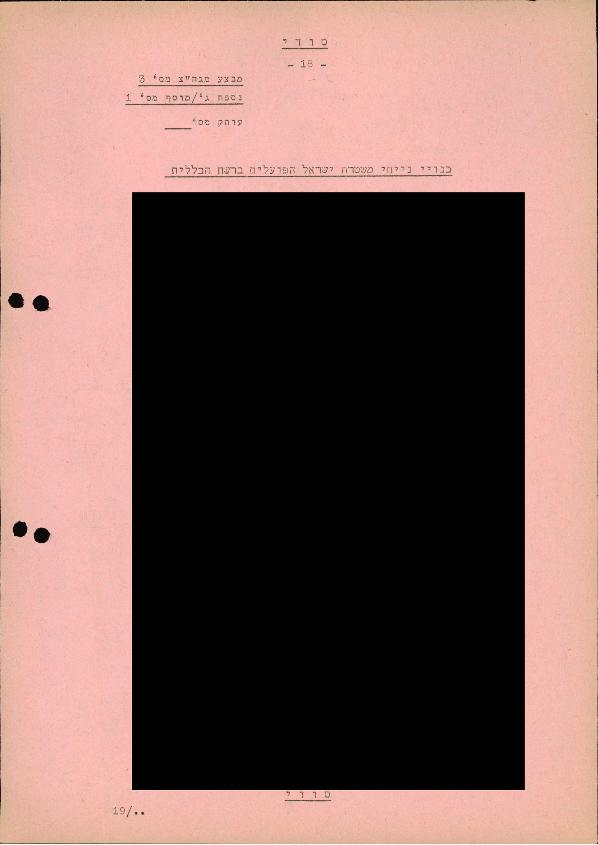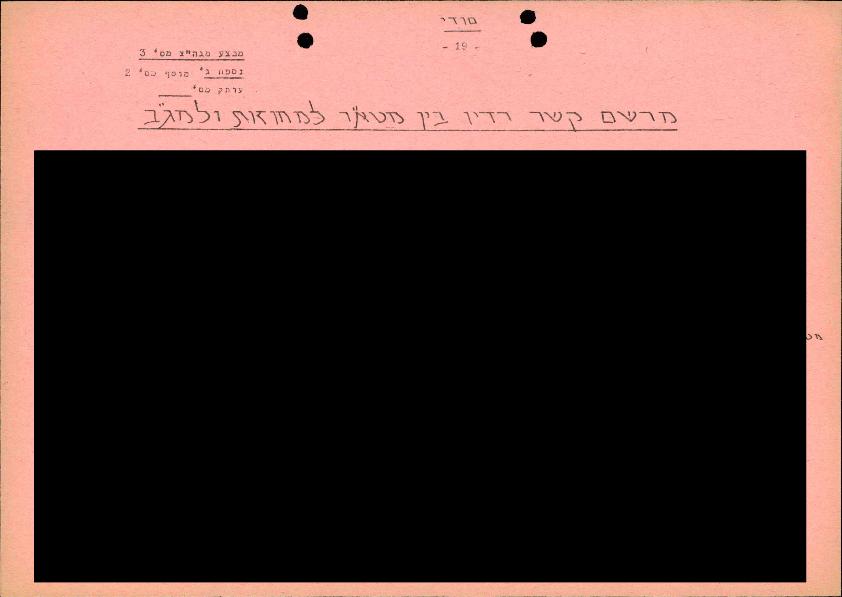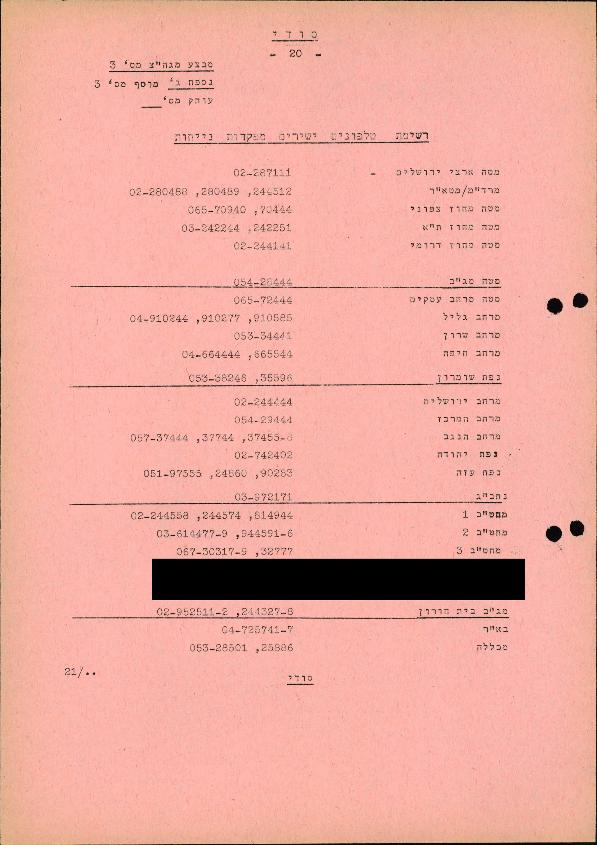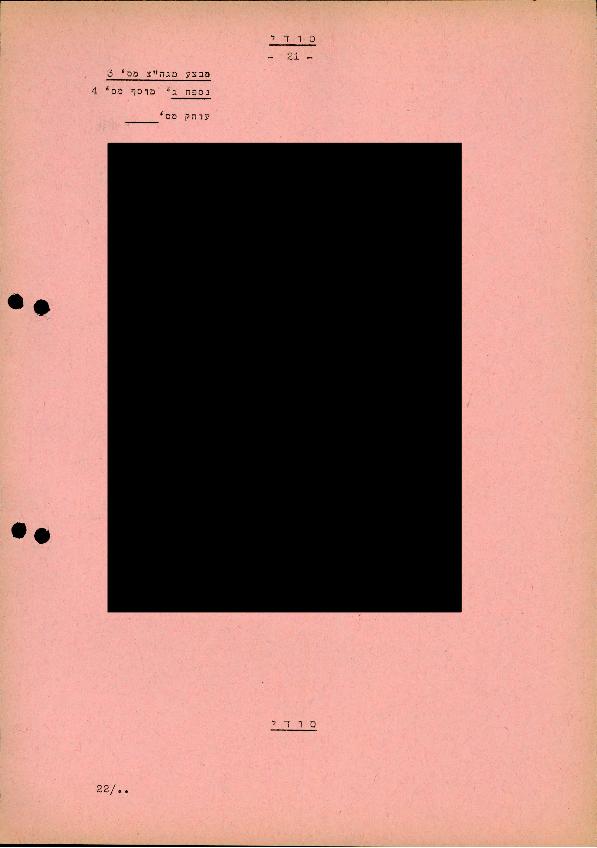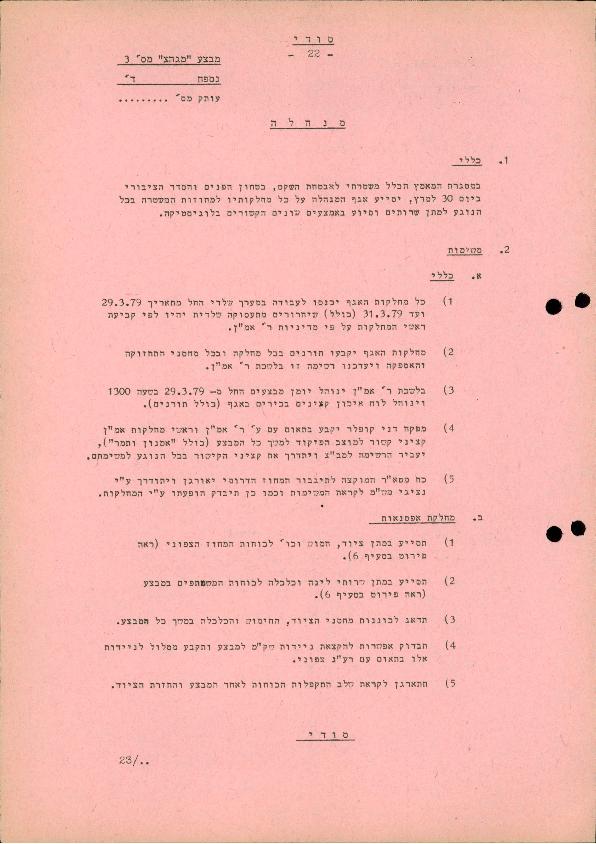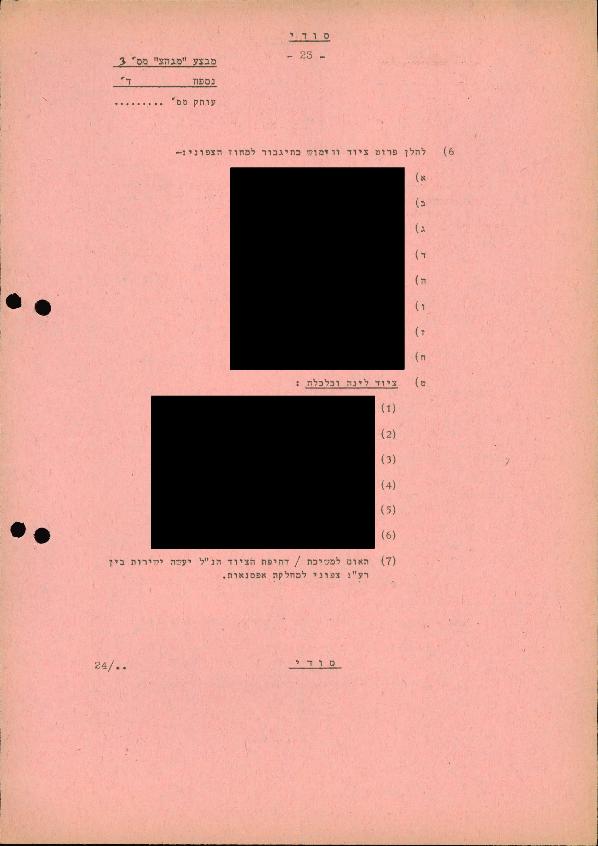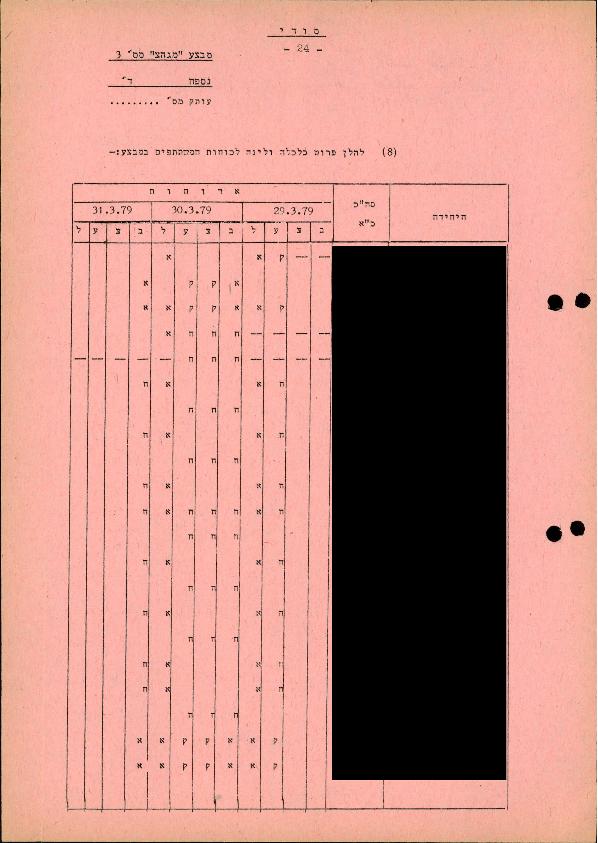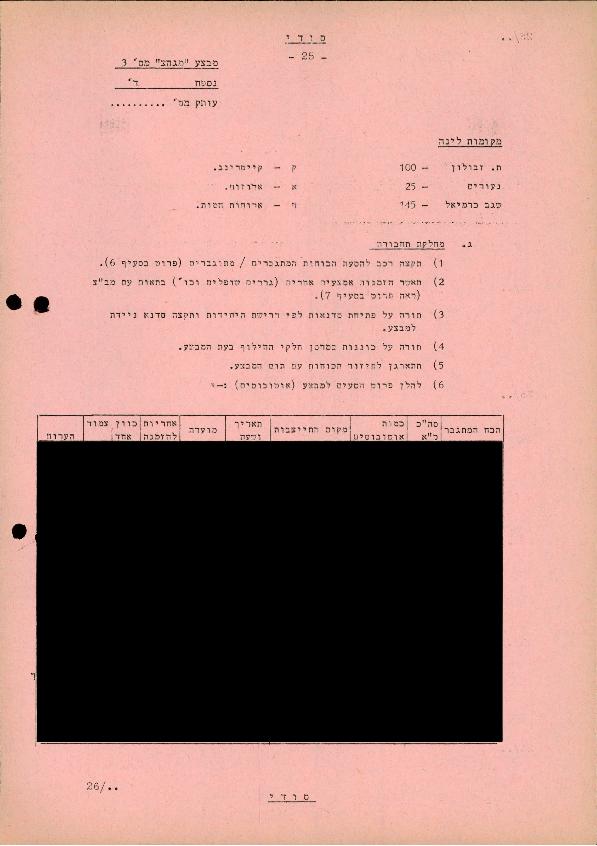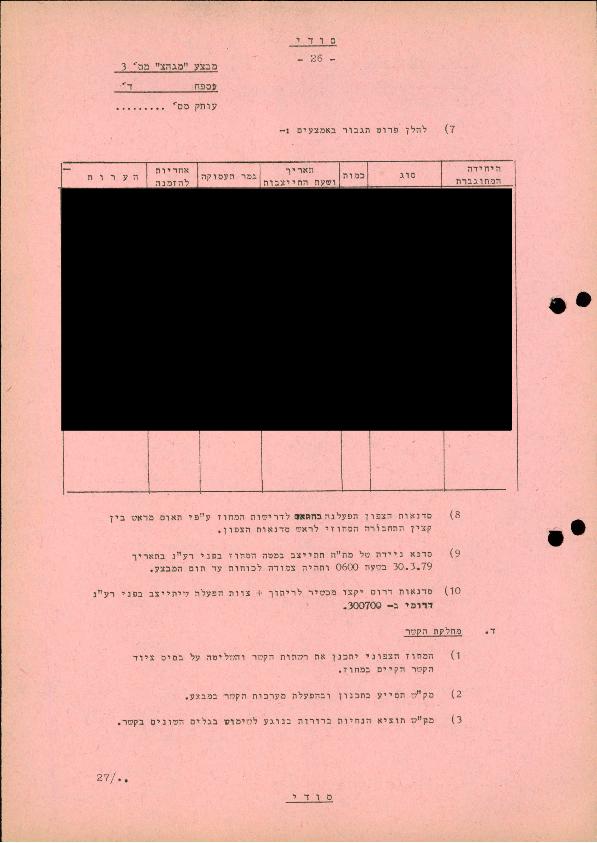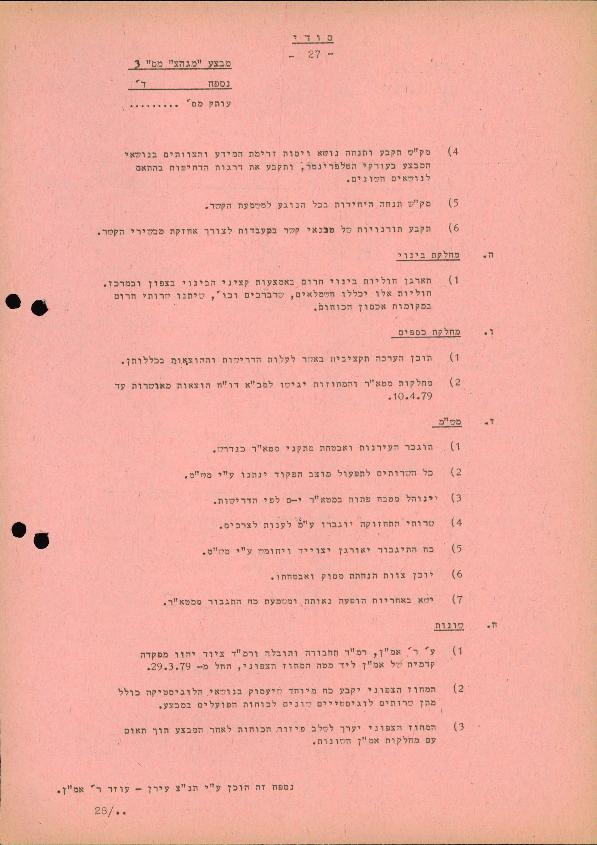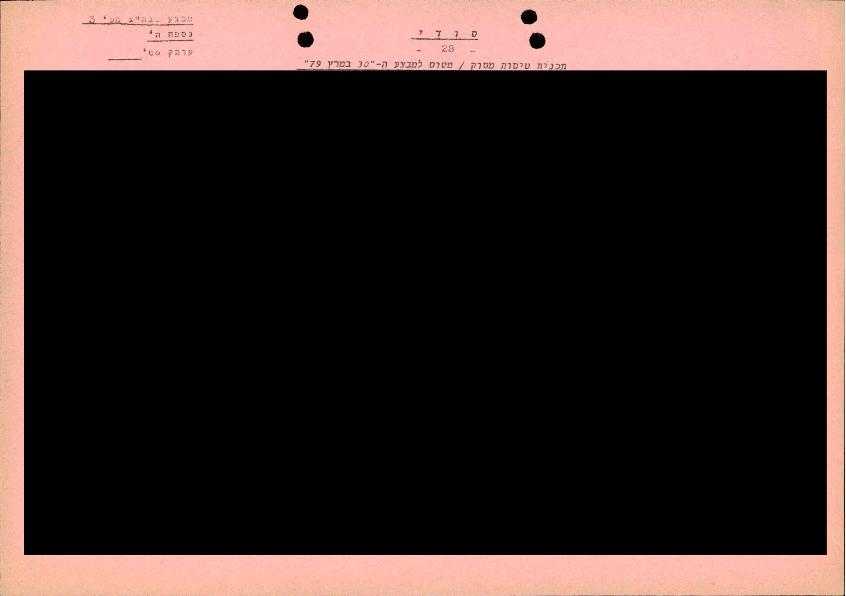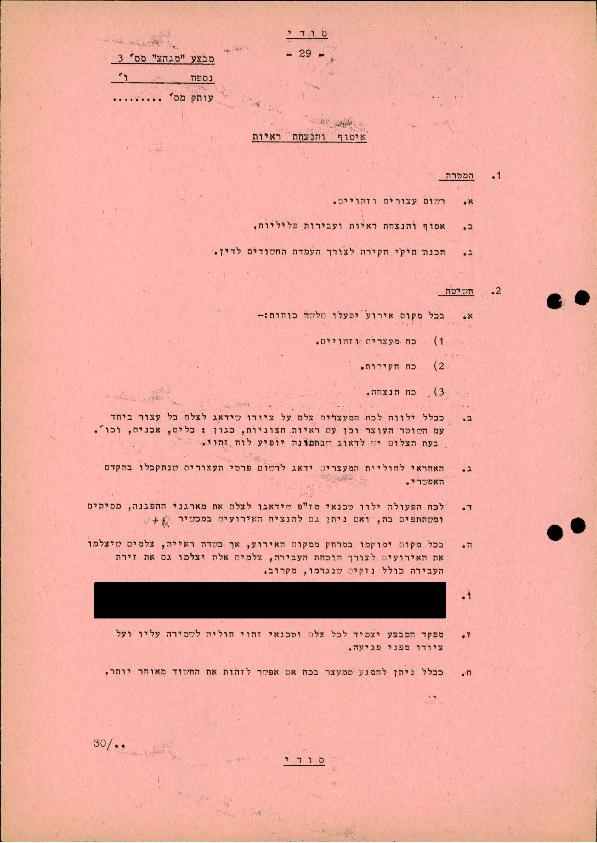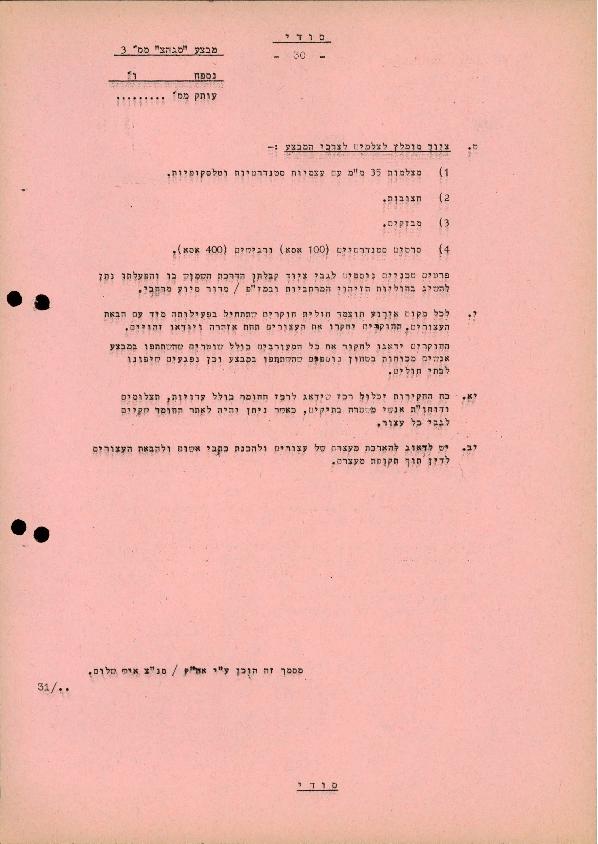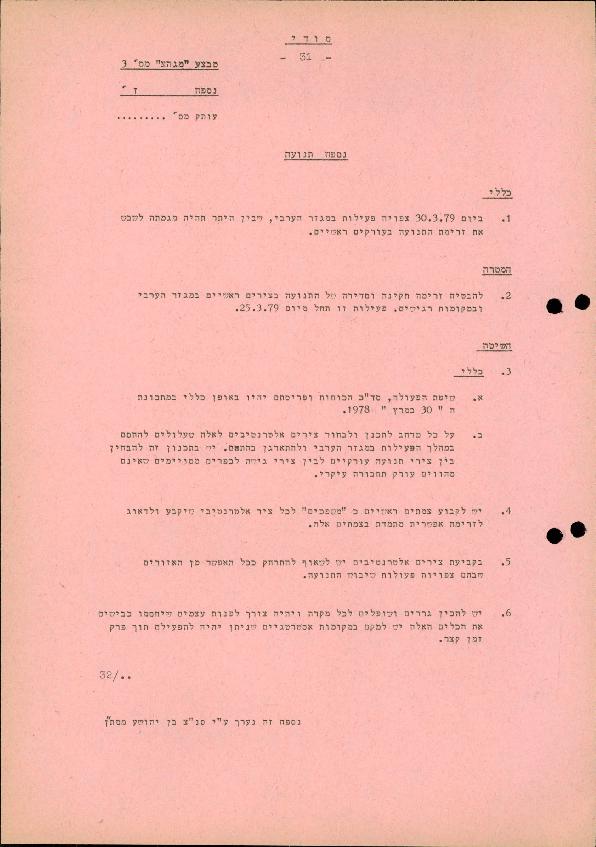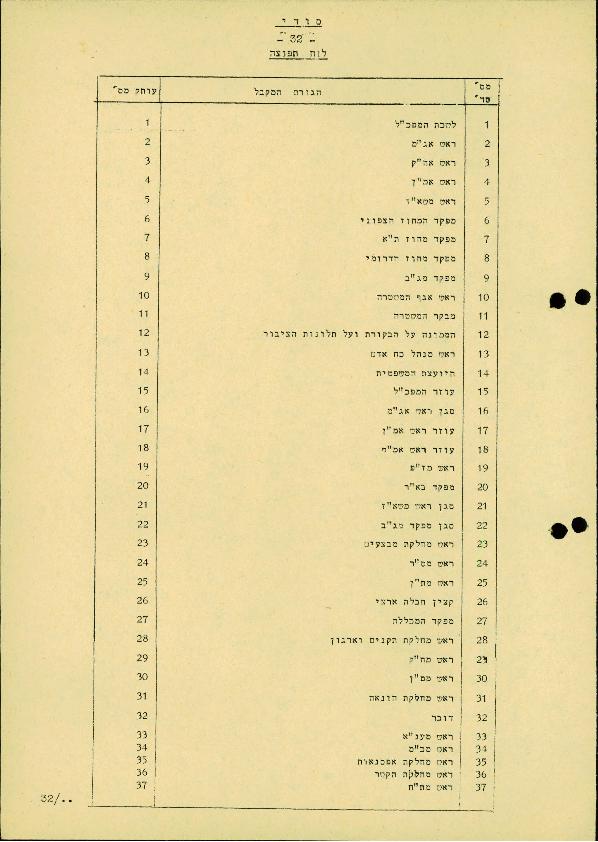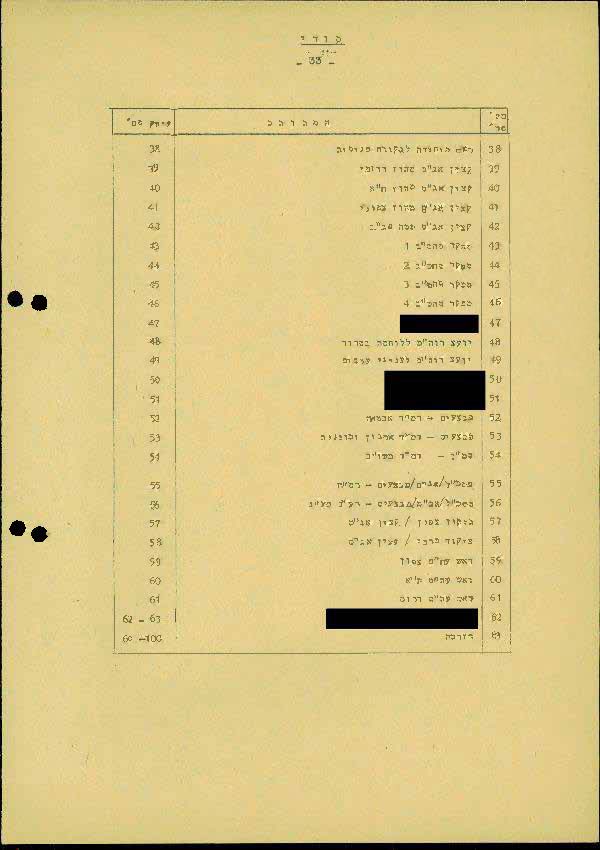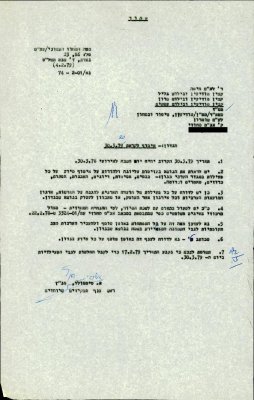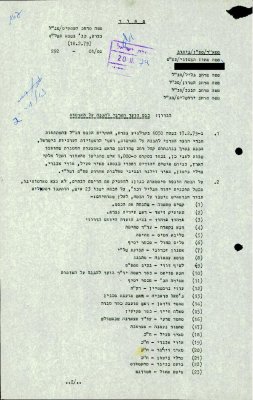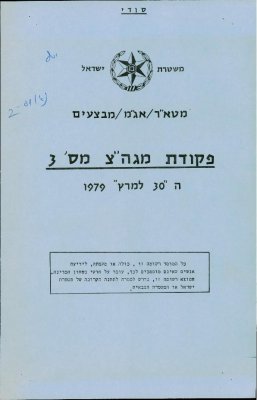Every year ahead of Land Day, the Israel Police ramped up its surveillance of Palestinian society in Israel. Ahead of Land Day 1979, the Israel Police Head of Special Functions ordered: “The issue should be considered a top priority, and instructions should be issued to gather information on all activity in the Arab sector.”
In early March 1976, mere weeks before the first Land Day, scheduled to take place on the 30th of the month in protest of Israel’s plan for extensive land expropriations in the Galilee, announced by the Israeli government some months earlier, in the summer of 1975, the country was in turmoil. We have written about this in detail on several occasions.
The National Committee for the Defense of Arab Lands in Israel announced protests and a general school, commerce and labor strike for March 30, demanding a halt to the government’s plan, which signaled a return to a policy of expropriating Palestinian lands that ended in the early 1960s and was openly presented as part of efforts to ‘Judaize’ the Galilee.
Though some civil servants and government officials tried to underscore how the development of the Galilee could benefit the Arab public, the Arab public itself displayed mistrust in the plan’s objective and a growing recognition that the government was out to dispossess Arabs of their lands. Hana Nakara, a member of the National Committee for the Defense of Arab Lands established to fight the plan shortly after the government announced it, said: “The authorities cannot bear the reality of Arab villages in the Galilee. They aspire to make Arabs of the Galilee a small minority and to expel them from their lands, from their homeland.” One of the committee’s announcements stated: “We are a nation that has been facing the tragedy of dispossession for thirty years… The time has come for us to say to the rulers of Israel – No more!”
Every year, ahead of Land Day, the Israel Police devoted many resources to gathering intel on preparations by the Arab public and its leadership to mark the day. In a letter dated February 1979, the Israel Police Head of Special Functions wrote: “The issue should be considered a top priority, and instructions should be issued to gather information on all activity in the Arab sector such as: rallies, assemblies, discussions, demonstrations, incitement, flyers, articles, etc.” The letter also noted: “Additionally, any activity of the National Committee for the Defense of the Lands, the Association of Arab Councils and any other organization addressing or planning to address the matter in question, must be reported.”
The full title of the operational order issued by the police for Land Day is unclear, but the acronym, which may be transliterated as MGHZ survived. It was in use until at least the 1990s (what happened after that is unknown). MGHZ Operational Order No. 3, from 1979, is posted here in full (in Hebrew). The redactions were made by the State Archives.
Another document presented here is a detailed report about a rally held by the National Committee for the Defense of Arab Lands just days after the above instructions were issued by the Head of Special Functions.
About a thousand people attended the rally, which was hosted in a Nazareth movie theater, and featured Palestinian and Jewish public figures. “The first speaker,” the report states, “was Adv. Hana Nakara, who condemned the policy of discrimination, land expropriation and house demolitions, and demanded the return of the displaced from Ikrit and Biram, [and] decried the government’s policy […] Sheli [Left Camp for Israel political party] representative Amnon Zikhroni’s speech called for brotherhood between the two peoples and for the establishment of a Palestinian state alongside the State of Israel, […] he added and pointed out ironically that as a Jew, he is able and allowed to say he supports the PLO, while Israeli Arabs have no right to say so.” The Head of the Minority Section, who reported on the rally, concluded his dispatch as follows: “The rally ended at 1:45 P.M., with the crowd dispersing quietly. There were no riots and no need for police intervention.”

